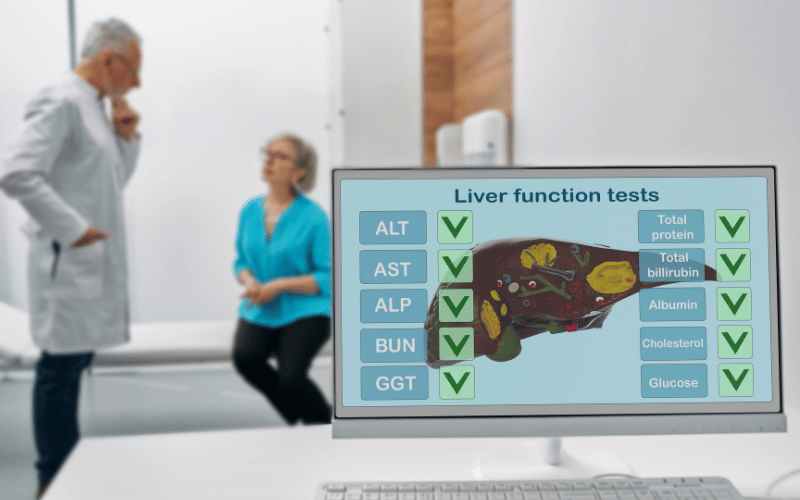Frequently Asked Questions (FAQs) About Cirrhosis of the Liver Life Expectancy
Advertisements
 Advertisements
Advertisements
1. What is cirrhosis of the liver?
Cirrhosis is a late stage of liver damage characterized by the scarring of liver tissue, which can result from several causes including chronic alcohol use, hepatitis, and fatty liver disease, among others.
2. How does cirrhosis affect life expectancy?
The impact of cirrhosis on life expectancy varies based on the severity of the disease, its cause, and the presence of other health conditions. Early detection and management can significantly improve life expectancy. However, advanced stages can limit it considerably.
3. Are there different stages of cirrhosis?
Yes, cirrhosis is typically categorized into compensated and decompensated stages. In compensated cirrhosis, the liver can still perform many of its functions despite damage. In decompensated cirrhosis, liver function is severely compromised, leading to symptoms like jaundice, swelling in the legs, and confusion.
4. Can cirrhosis be reversed?
While early liver damage can be halted or even reversed with appropriate treatment and lifestyle changes, cirrhosis itself is considered permanent. However, its progression can be slowed, and some symptoms can be managed.
5. How can one prevent the progression of cirrhosis?
Regular medical check-ups, abstaining from alcohol, a balanced diet, avoiding over-the-counter painkillers, and adhering to prescribed medications can help prevent the progression. Vaccinations against hepatitis and practicing safe behaviors can prevent further liver damage.
6. Do all people with cirrhosis need a liver transplant?
Not all. A liver transplant is considered for patients with advanced cirrhosis whose condition no longer responds to other treatments. It’s a major procedure and depends on several factors, including the patient’s overall health.
7. Is cirrhosis contagious?
No, cirrhosis itself is not contagious. However, some causes of cirrhosis, like hepatitis B and C, can be transmitted to others.
8. Can dietary changes improve the condition of someone with cirrhosis?
Absolutely. A balanced diet can support liver function and combat malnutrition, a common issue in cirrhosis patients. Reducing salt intake can help manage fluid accumulation, and avoiding raw seafood reduces the risk of infections.
9. Is it safe for someone with cirrhosis to take over-the-counter medications?
People with cirrhosis should be cautious about taking any medication without consulting their healthcare provider. Some over-the-counter drugs can further damage the liver or interfere with prescribed medications.
10. How often should someone with cirrhosis see their doctor?
The frequency of medical check-ups varies based on the cirrhosis stage and symptoms. However, regular monitoring is crucial, especially in the early stages, to manage the disease effectively.
Conclusion: Understanding the Prognosis and Management of Cirrhosis
Cirrhosis, a severe liver condition, manifests through various symptoms, each bearing its implications on one’s well-being. While the diagnosis can be daunting, understanding its intricacies allows for better management and improved life expectancy.
Central to coping with cirrhosis is recognizing its early signs, seeking prompt medical attention, and diligently following prescribed treatments and lifestyle modifications. Equally essential is fostering open communication with healthcare professionals and tapping into available support systems.
This not only aids in alleviating physical symptoms but also addresses the emotional and psychological challenges that accompany a chronic illness. In a world where medical advancements continue to burgeon, staying informed and proactive is the key to navigating the complexities of cirrhosis and maximizing one’s quality of life.